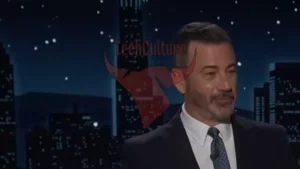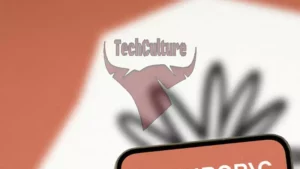Polarization Named Merriam-Webster’s Word of the Year Amid Divisive 2024 Election
In a reflection of the deeply divided political landscape following the 2024 U.S. presidential election, Merriam-Webster has announced “polarization” as its word of the year. The choice underscores the growing chasm between opposing factions in American society, particularly evident in the recent electoral process.
Peter Sokolowski, Merriam-Webster’s editor at large, explained that polarization signifies a shift towards extremes rather than the center. “This year’s election was characterized by voters viewing the opposing candidate as an existential threat,” Sokolowski stated. AP VoteCast data corroborated this sentiment, revealing high levels of concern about extremism among supporters of both Kamala Harris and Donald Trump.
Defined as causing strong disagreement between opposing groups, “polarization” saw a significant spike in dictionary lookups and usage throughout the year. Merriam-Webster’s selection process is data-driven, reflecting real-time language trends and public interest.
The term, originating in the early 1800s, has become increasingly prevalent in discussions about race relations, politics, and ideology in the United States. Its selection as word of the year highlights the ongoing struggle to reach a consensus on reality and truth in contemporary America.
Beyond politics, polarization has permeated various aspects of society, including pop culture, technology, and sports. Debates over celebrity behavior, such as Taylor Swift’s private jet usage, and controversies in the entertainment and sports worlds have further exemplified this divisive trend.
Merriam-Webster’s top 10 words of 2024 also included terms like “demure,” popularized by a viral TikTok video, “fortnight,” featured in a Taylor Swift song, and “cognitive,” often used in discussions about political figures’ mental acuity. Other notable entries were “democracy,” “pander,” and “weird,” each reflecting different facets of the year’s cultural and political discourse.
As the United States grapples with its political future, the selection of “polarization” as the word of the year serves as a stark reminder of the challenges facing the nation in bridging ideological divides and fostering unity in an increasingly fractured society.






